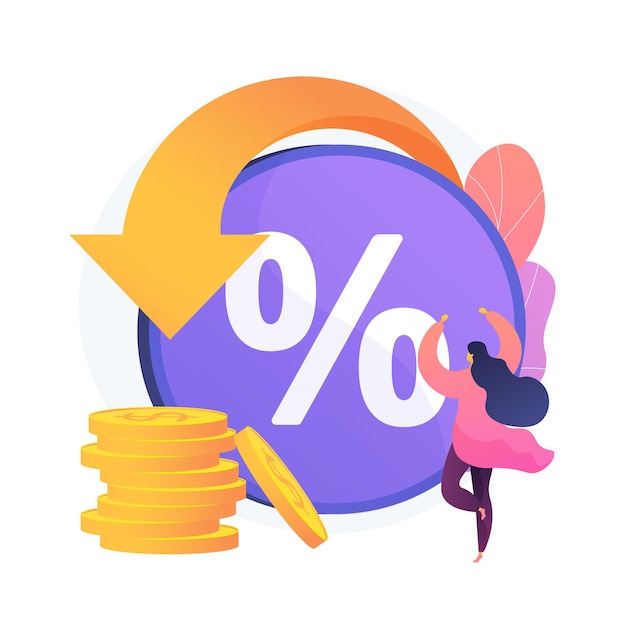After a grueling four months and a week, I finally managed to refinance my home mortgage. It was a tough process, and with rates on the rise, it’s not going to get any easier for others.
My original loan was a 5/1 ARM at 2.5% that started on August 1, 2014, and jumped to 4.5% on August 1, 2019. I was paying $3,920 a month for a loan amount of $990,000. Now, I’ve got a 7/1 ARM at 2.625% with a loan amount of $700,711, and my new monthly payment is $2,814.41. The best part? The refinance didn’t cost me a dime. In fact, I even got a $220 credit.
This change improves my monthly cash flow by $1,105.59, which helps offset new preschool and healthcare expenses. But it’s still not enough, so I’m on the hunt for new ways to save and earn money. My ultimate goal is to fully pay off our primary residence by October 1, 2026, and never have to deal with another mortgage. I’d only consider another refinance if mortgage rates drop another 0.5%.
This refinance was a real challenge due to the time it took, unexpected hurdles, my own mistakes, frustration with an unfamiliar lender, and a rather unhelpful title officer. But it’s done now, and I’ve learned some valuable lessons that might help you make a better refinance decision.
Refinancing when rates are low not only improves your monthly cash flow, but also significantly boosts the percentage of your payment going towards the principal. It’s like a two-for-one deal. Once you’ve closed on your mortgage refinance, request your amortization schedule to crunch your own numbers. I plan to pay down an extra $80,000 a year in principal to be debt-free by 2026.
Both Citibank and Wells Fargo told me that to get their best mortgage rate, I needed a credit score above 800. Even with a score of 804, they still required a ton of documentation. I initially tried to refinance through Citibank, but after they wouldn’t give me the lower rate they initially promised, I cancelled 10 days before closing with no penalty. This decision extended my refinance process to over six months!
Despite the rigorous process, it was reassuring to know that the banks were thorough with my finances. If they were this strict with me, they must be equally strict with other mortgage applicants. This gives me hope that the housing market won’t suffer as much during the next downturn.
Both Citibank and Wells Fargo required me to have at least 20% equity in my home after independent appraisers did their evaluations. The title company initially expected me to pay $9,662.43 at closing, which didn’t make sense. After some back and forth and my own calculations, I realized they had double-counted one month’s worth of mortgage interest and were using an outdated payoff statement. I managed to reduce my payoff at closing to $5,111.17, saving me $4,551.26.
Even though my refinance didn’t cost me anything, I still had to write a check for $5,111.17 at closing. This was due to having to pay the entire year’s homeowner’s insurance premium of $1,267.05 and $3,844.12 in mortgage interest at 4.5% from 9/1/19 – 10/11/19.
During your refinance process, avoid making any sudden and large financial changes. These include buying a car, making a big investment, large deposits or withdrawals, credit inquiries, changing your income or job, losing your job, or changes to your revocable trust.
I chose not to pay off the $700,711 mortgage even though I transferred over $1,000,000 to Wells Fargo to get the relationship pricing rate. I wanted to have more flexibility with my money and be prepared to invest if a recession hits. If I change my mind, I can still aggressively pay down the mortgage.
Despite the challenges, I’m glad I went through with the refinance. I’m going to end up saving over $90,000 in mortgage interest expense over seven years. Now is the time to take advantage of lower rates to strengthen your cash flow.
Real estate is my favorite way to achieve financial freedom because it’s a tangible asset that’s less volatile, provides utility, and generates income. The combination of rising rents and rising real estate prices builds tremendous wealth over the long term. I’ve personally invested $810,000 in real estate crowdfunding across 18 projects, which account for roughly 50% of my current passive income of ~$300,000.
